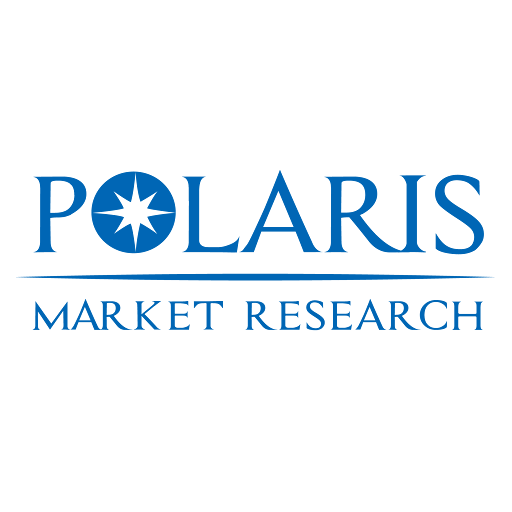The U.S. small molecule drug discovery outsourcing market, valued at USD 1.49 billion in 2024, is projected to grow at a compound annual growth rate (CAGR) of 9.48% from 2025 to 2034, driven by escalating R&D costs, talent scarcity, and the pharmaceutical industry’s strategic shift toward externalized innovation. As biopharma companies face mounting pressure to accelerate drug development while optimizing capital allocation, outsourcing has evolved from a cost-saving tactic to a core component of discovery strategy. While the United States remains the largest national market for outsourced small molecule discovery, its trajectory is increasingly influenced by global interdependencies, regulatory divergence, and evolving cross-border supply chain dynamics. North America’s dominance is anchored in a dense network of academic research institutions, a mature FDA regulatory framework, and a high concentration of both large pharmaceutical firms and emerging biotechs—all of which generate sustained demand for contract research organizations (CROs) capable of delivering high-throughput screening, medicinal chemistry, and preclinical pharmacokinetics with regulatory precision.
In contrast, Europe’s market is shaped by strong scientific output but constrained by fragmented healthcare systems, cautious public funding models, and stringent data governance under the General Data Protection Regulation (GDPR). Countries such as Germany, the UK, and Switzerland maintain world-class research hubs—such as the Max Planck Society, the Francis Crick Institute, and the University of Cambridge—that attract outsourcing contracts for target validation and lead optimization. However, the European Medicines Agency’s (EMA) rigorous requirements for data traceability and ethical oversight in multi-country studies introduce operational friction, particularly in collaborative discovery programs involving U.S.-based sponsors. These regulatory complexities are prompting CROs to establish regional compliance frameworks and localized data centers to ensure seamless cross-border supply chains and audit readiness.
Asia Pacific is emerging as the most dynamic growth region, fueled by cost efficiency, expanding scientific talent pools, and government-backed life sciences initiatives in China, India, and South Korea. China’s “14th Five-Year Plan” and the National Medical Products Administration’s (NMPA) expedited review pathways have incentivized domestic and foreign investment in drug discovery infrastructure. Indian firms such as Syngene International, Dr. Reddy’s Laboratories, and Piramal Pharma Solutions have built scalable discovery platforms offering deep expertise in synthetic chemistry and structure-based design at competitive pricing. Regional manufacturing trends indicate a shift toward integrated discovery-to-manufacturing ecosystems, reducing dependency on Western CROs and enhancing supply chain resilience. However, intellectual property protection concerns and variability in data quality remain barriers to full market penetration for multinational sponsors.
Read More @ https://www.polarismarketresearch.com/industry-analysis/us-small-molecule-drug-discovery-outsourcing-market
Japan and South Korea are advancing through R&D leadership in targeted therapies and kinase inhibitors, with strong public-private collaboration in oncology and metabolic disease research. These countries are increasingly leveraging their regulatory harmonization with the International Council for Harmonisation (ICH) to serve as strategic gateways for global drug development. Geopolitical factors, including U.S.-China trade tensions and export controls on dual-use technologies, are influencing cross-border supply chains, prompting pharmaceutical companies to diversify their outsourcing portfolios across India, Singapore, and Eastern Europe to mitigate geopolitical risk. Market penetration strategies by global CROs often involve joint ventures, technology transfer agreements, and hybrid delivery models that combine offshore cost advantages with onshore scientific oversight. As the industry navigates an era of rising complexity and regulatory scrutiny, the ability to deliver compliant, scalable, and innovative discovery services across global regions will define competitive leadership.
Competitive Landscape:
- Charles River Laboratories International, Inc.
- Eurofins Scientific SE
- Parexel International Corporation
- WuXi AppTec Co., Ltd.
- Lonza Group AG
- Syngene International Ltd.
- Catalent, Inc.
- PharmaEssentia Corporation
More Trending Latest Reports By Polaris Market Research:
Water Treatment Chemicals Market
Bioanalytical Testing Services Market
Cell Processing Instrument Market
Satellite Solar Cell Materials Market
